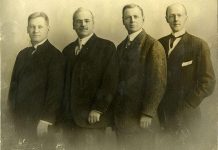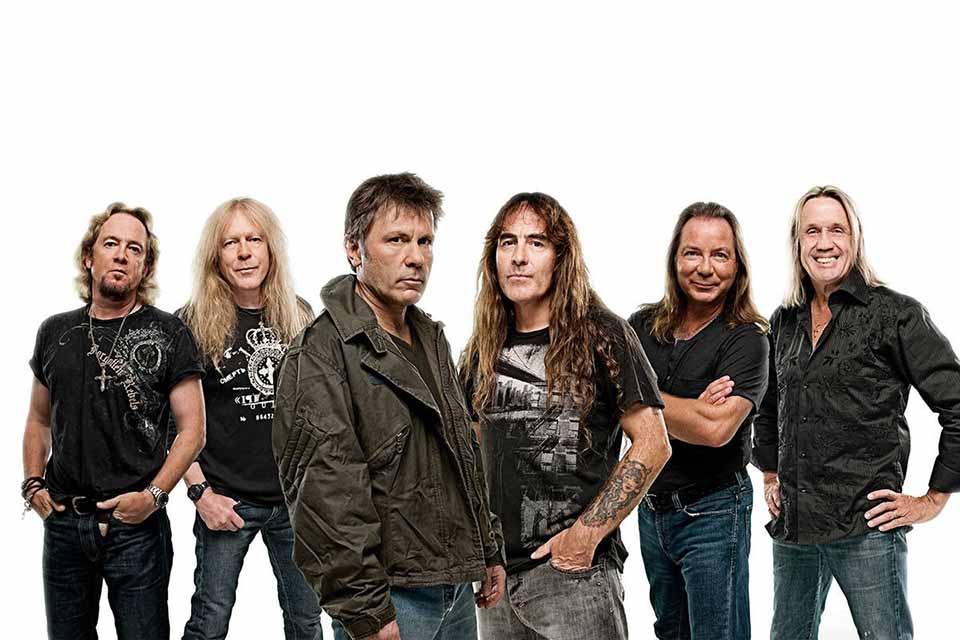
Formed in East London in 1975 by Steve Harris, the bass-playing, songwriting, heavy metal, West Ham United fanatic. The band came to fame through the new wave of British heavy metal in the early eighties, although they had long had a loyal local following for their live work.
After various lineup changes, the band took the crown of Heavy Metal Champions in 1982 with the release of Number of the Beast. Rarely have they let it slip. They did have a major blip in the nineties when both lead vocalist Bruce Dickinson and guitarist Adrian Smith left the band. Not only did this cause a big drop in the Maiden’s popularity, but heavy metal in general. Things were put right in 2000 when they both returned.
Senjutsu is the seventeenth studio album from Iron Maiden, the first in six years. However, the album was recorded back in 2019 but held back due to the pandemic. This is also the sixth studio album by this stable lineup.
When Iron Maiden started, there was definitely an edge of punk rock in their sound. These days there is a leaning towards progressive rock, but Iron Maiden, as they near their 50th Anniversary, are showing no signs of slowing down. In fact, if anything, they’re growing more inventive and faster.
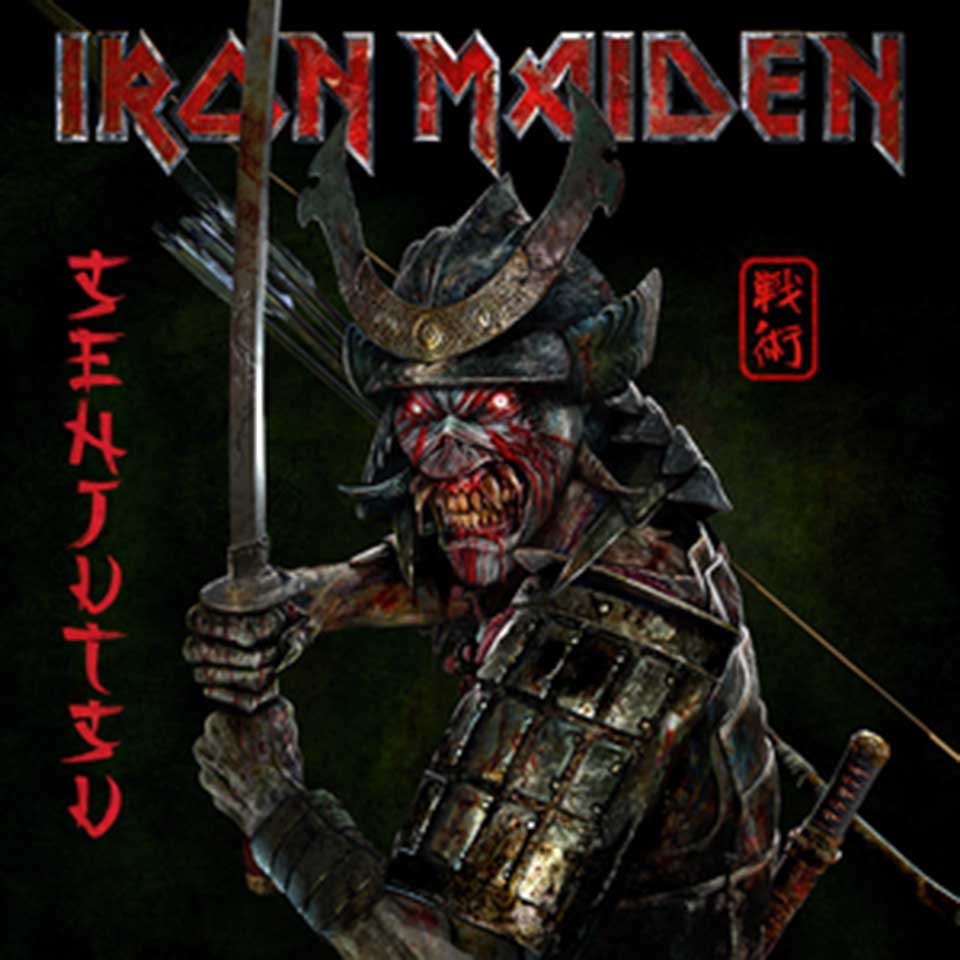
At over 80 minutes you certainly get a lot of bang for your buck.
Senjutsu, loosely translated, means being aware of strategy and tactics. Something Steve Harris has always kept his finger on the pulse of.
There are ten pieces of music, all of epic proportions, the shortest coming in at 5 minutes whilst the longest at nearly 13 minutes.
Steve Harris dominates the songwriting on this album, with contributions from Dickinson, Gers and Smith. For the first time in Iron Maiden’s history there is no songwriting contribution from David Murray, the only other member of the band to have been with its leader since the mid-seventies. But his guitar playing is still imprinted on the album.
The closing thirty minutes of music is all written by Steve Harris, and magnificent it is too.
Opening with the title track, the band stride out to stamp their authority. Led in by some thunderous Japanese war drums, the guitars quickly pick up the riff whilst the rhythm section makes your speakers rumble. Bruce Dickinson’s distinctive vocals come in over the top, starting to weave his spell as he recounts the stories. His voice turns from Air Raid Siren to Parade Ground Sergeant Major as the needs must.
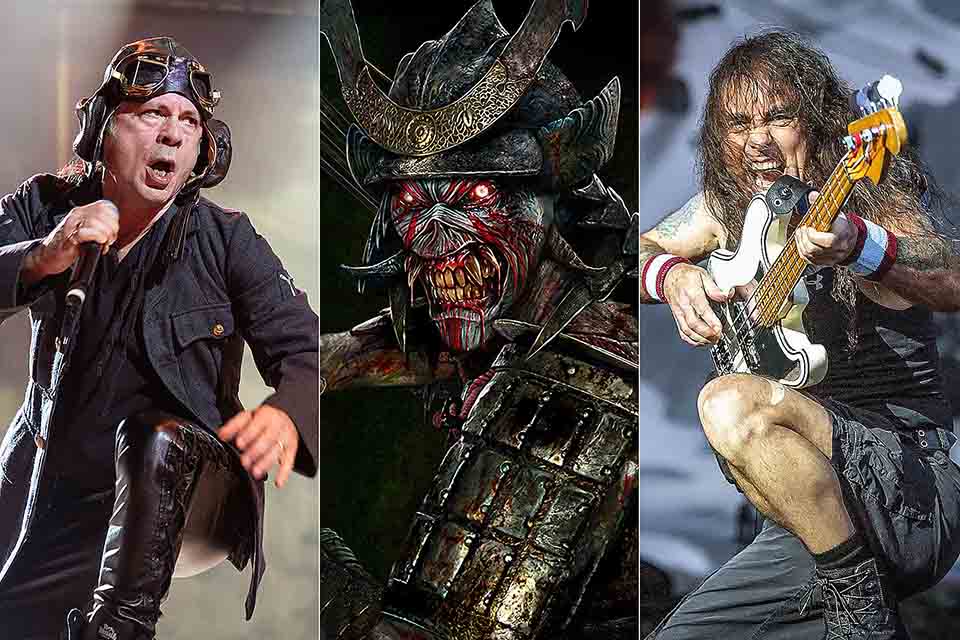
The guitar solos rip through, bringing emphasis to the song. Maiden are back and in top form.
The music rampages forward from song to song, demanding your attention at every turn.
Before the tantalizing final thirty minutes, Iron Maiden actually take it down a gear and give us a power ballad: Darkest Hour. Extraordinarily, it works wonderfully with the band mostly emphatic on the power. All three guitarists are given a chance to let rip.
But it is the last three that just lay waste to the land like Samurai warriors charging over the crest of the hills.
Final song, Hell on Earth, is a wonderfully paced epic song with some exciting instrumental pieces. So powerful, this is going to be a monster if the band can find space in their live set.
No disrespect at all to Bruce Dickinson’s vocal contributions, but most of the album’s most dramatic and exciting head-banging phases come in the instrumental sections.
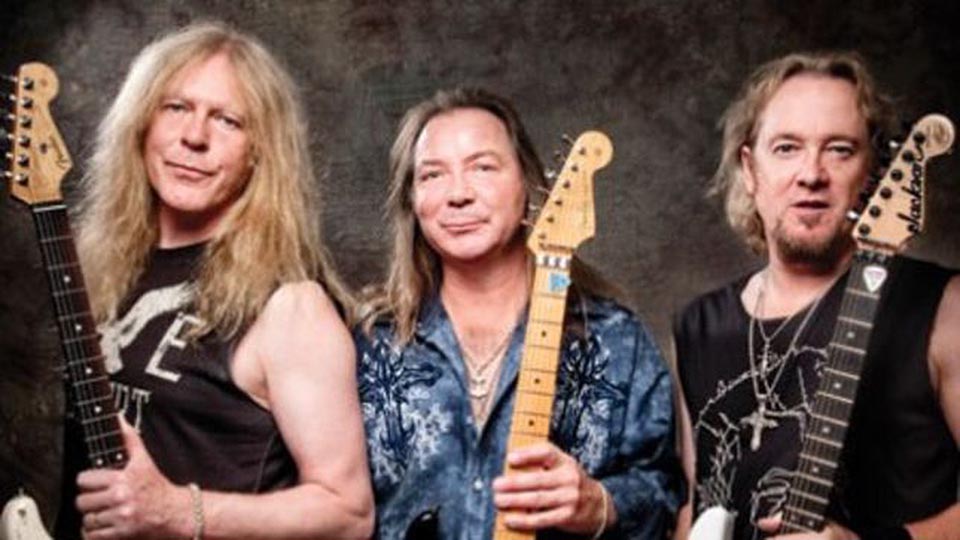
With the added variety, I’m sure the album will become a Maiden classic.
The album comes in a variety of formats, Vinyl, CD, with books, etc. There are also T-shirts, wrist bands, oh you know the score. You can now buy anything imaginable with the logo on it.
Kevin Shirley is behind the producer’s desk, and he does a fine job being accustomed to the role.
The only minor quibble would be the inclusion of some backup keyboards, especially on the choruses. Are they really necessary?
I think not.
Let’s hope the Maidens keep rocking like this for many a year.
Written by Mott The Dog on Pattaya’s stronghold for Heavy Metal, the Darkside.
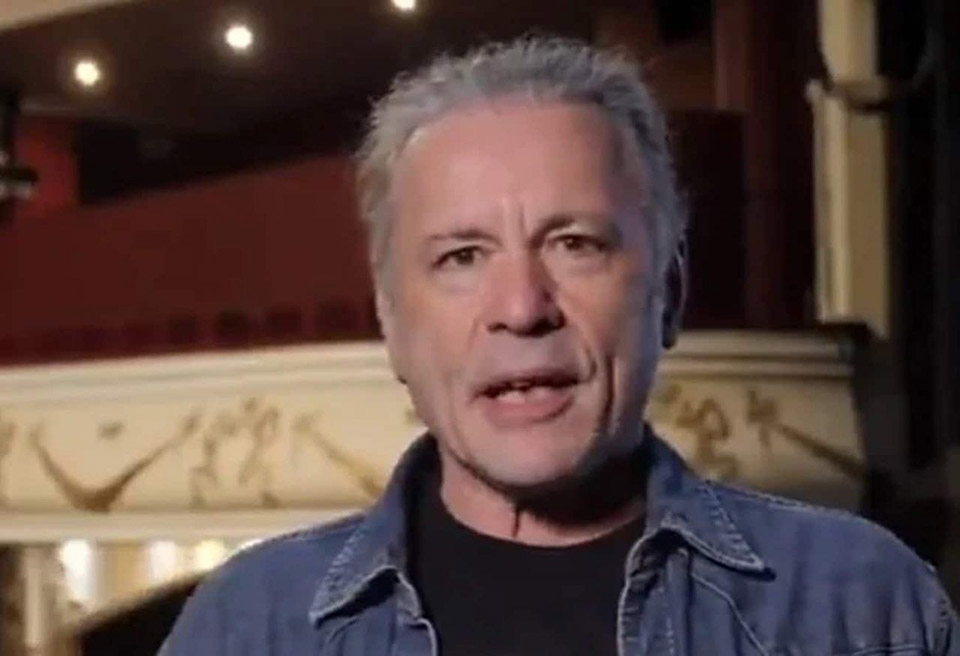
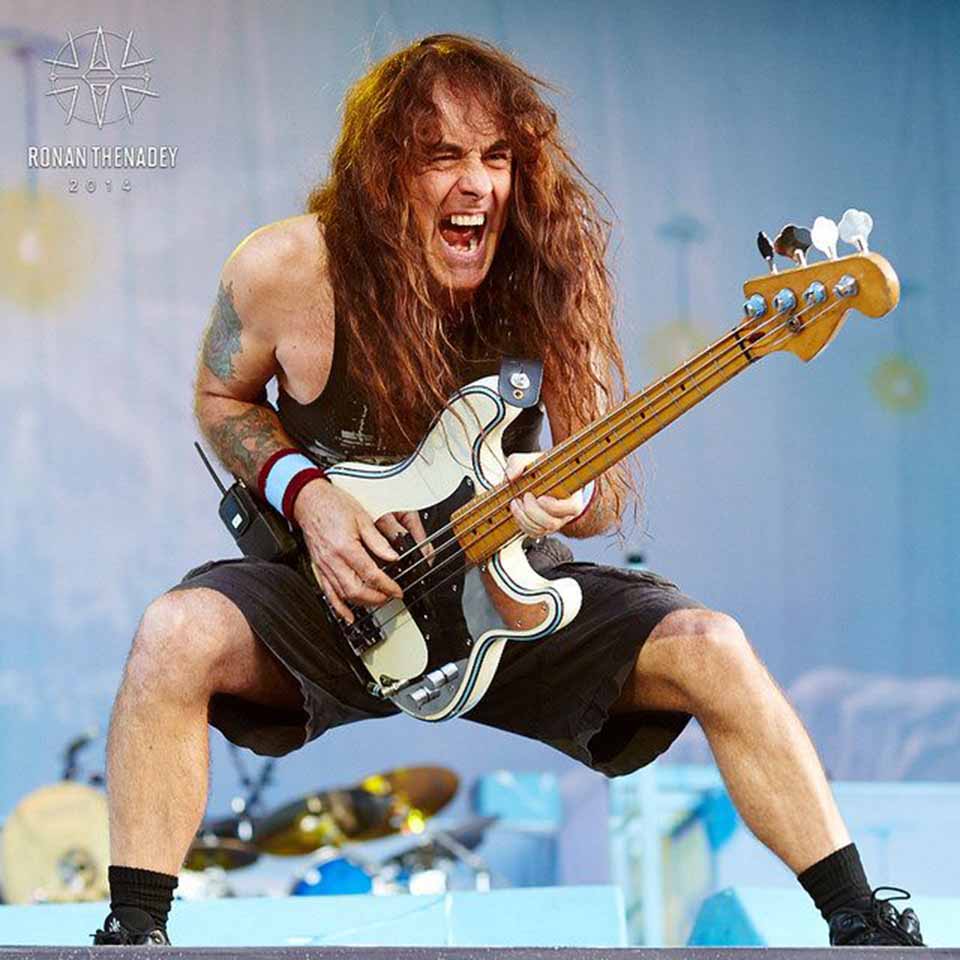
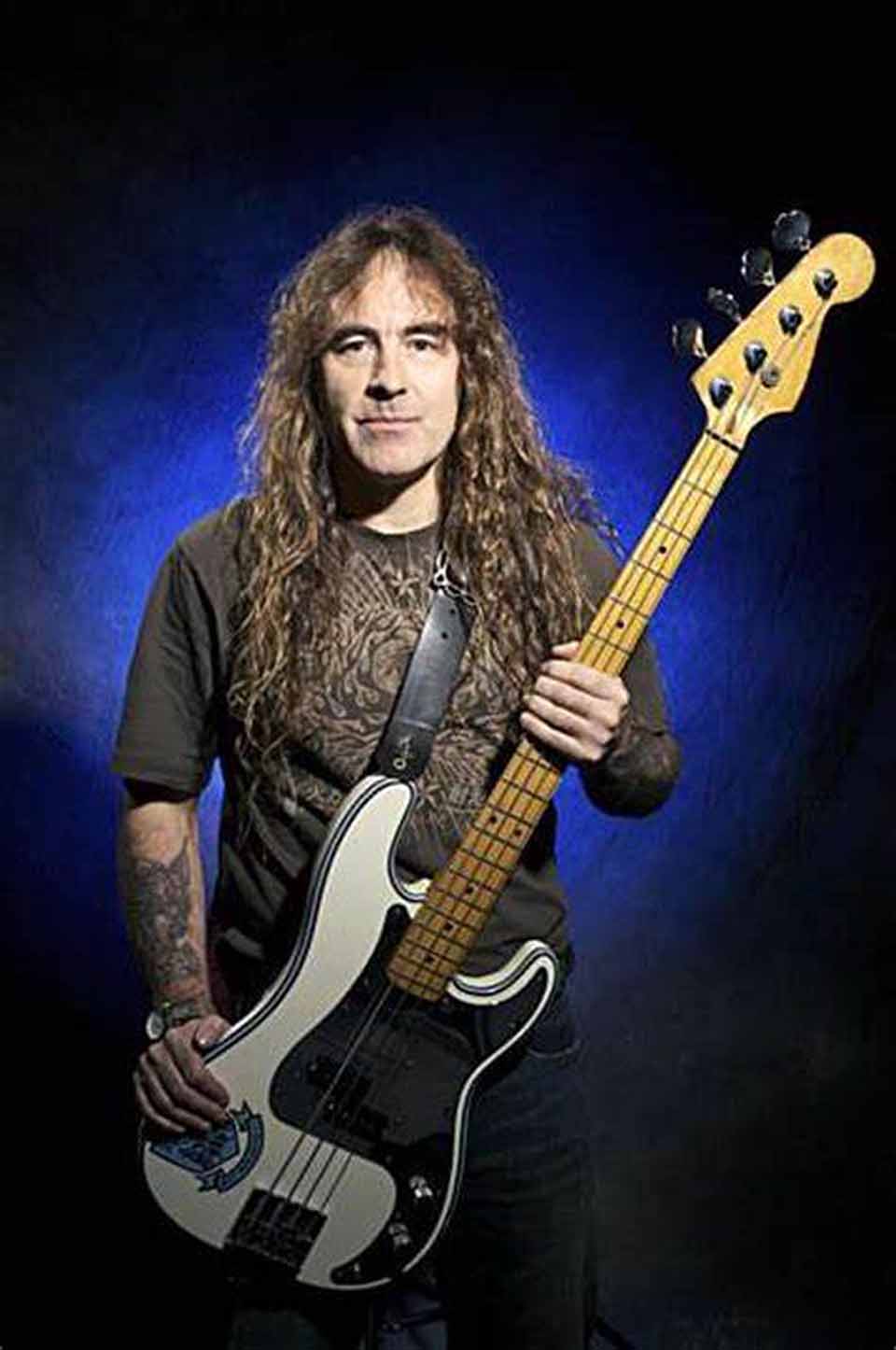
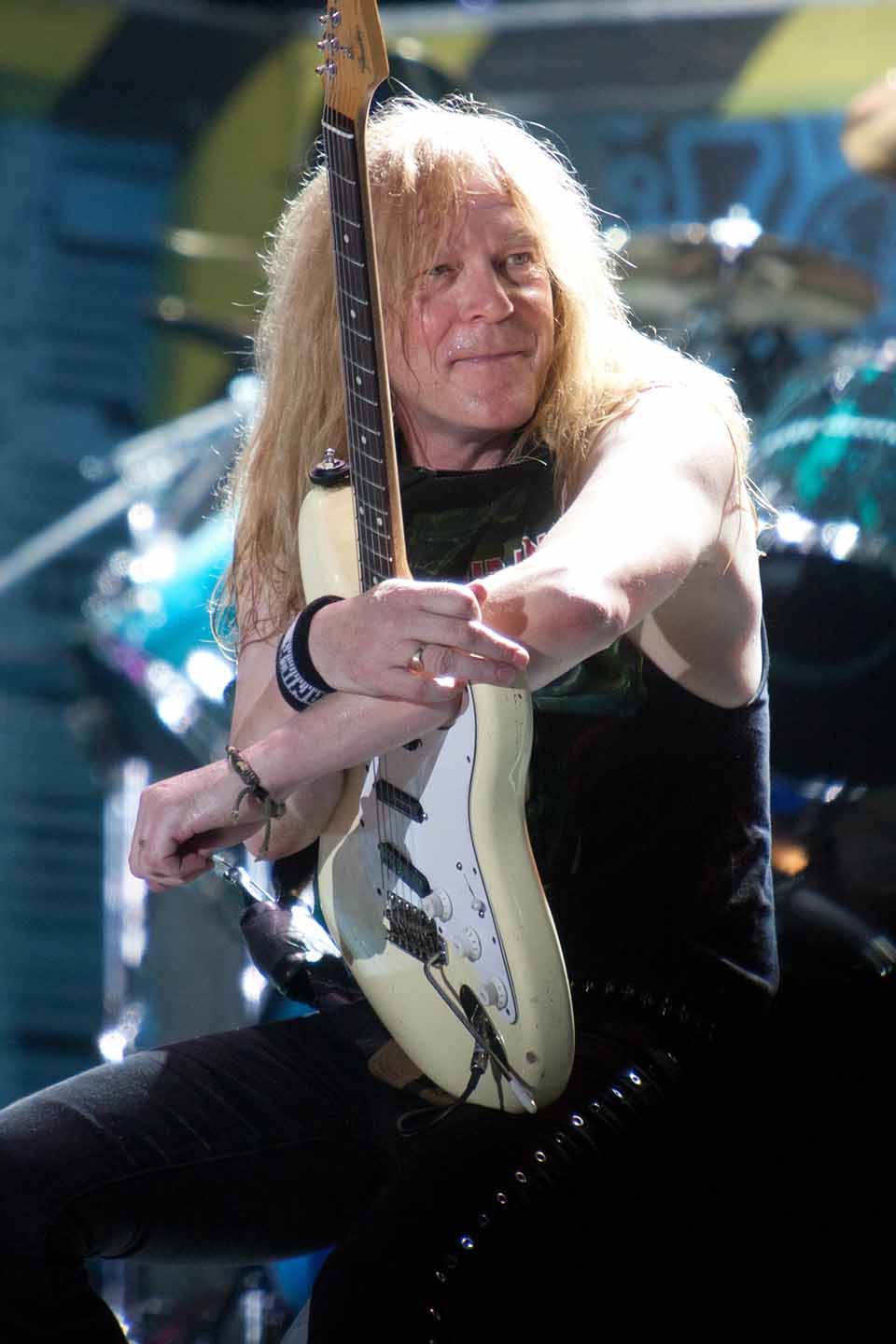
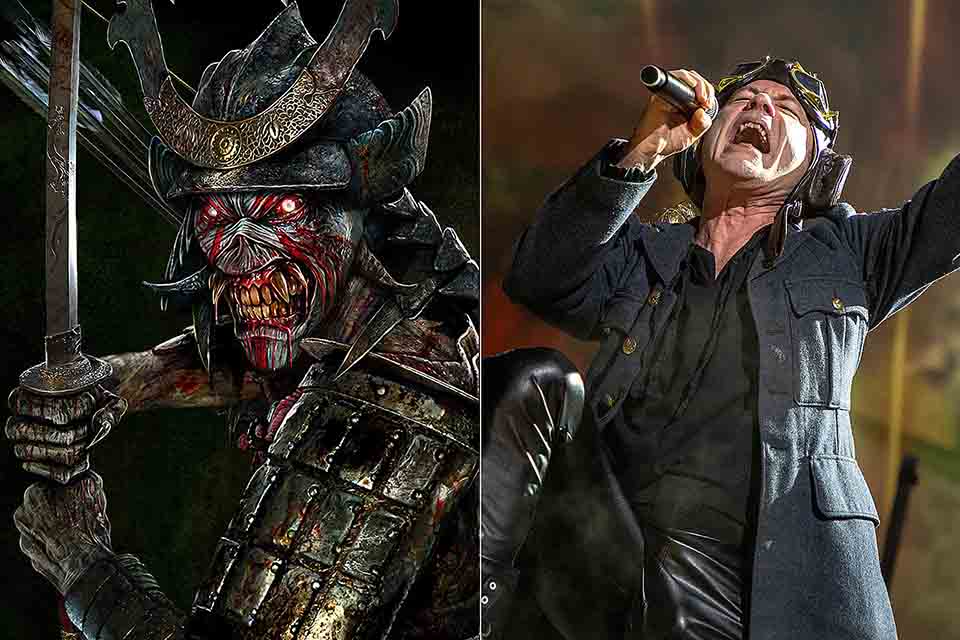
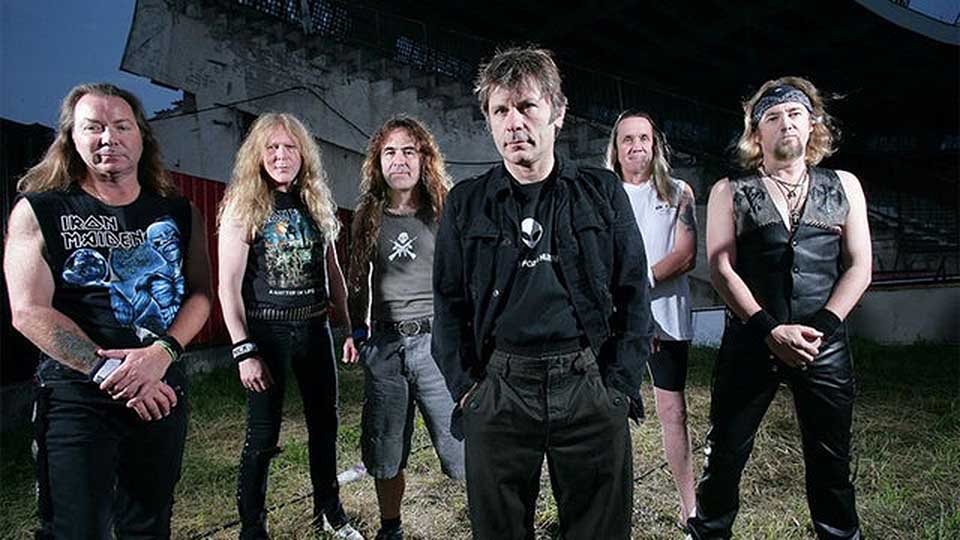
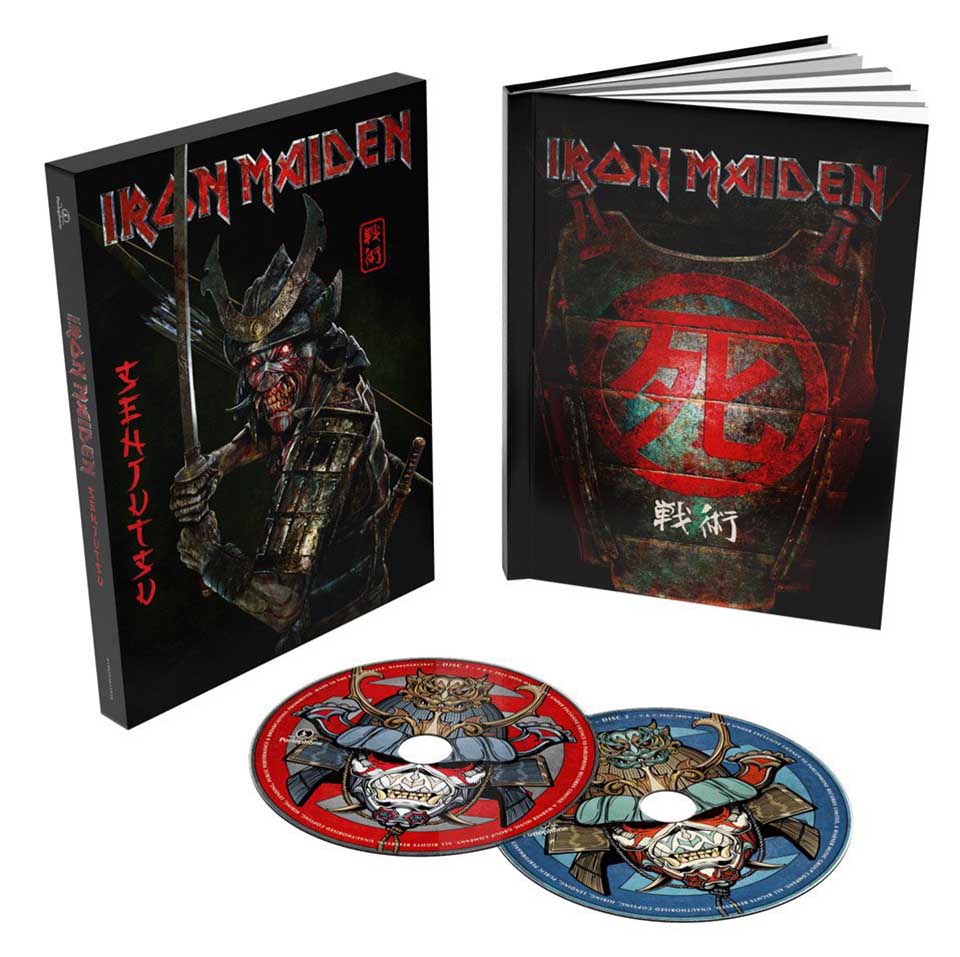
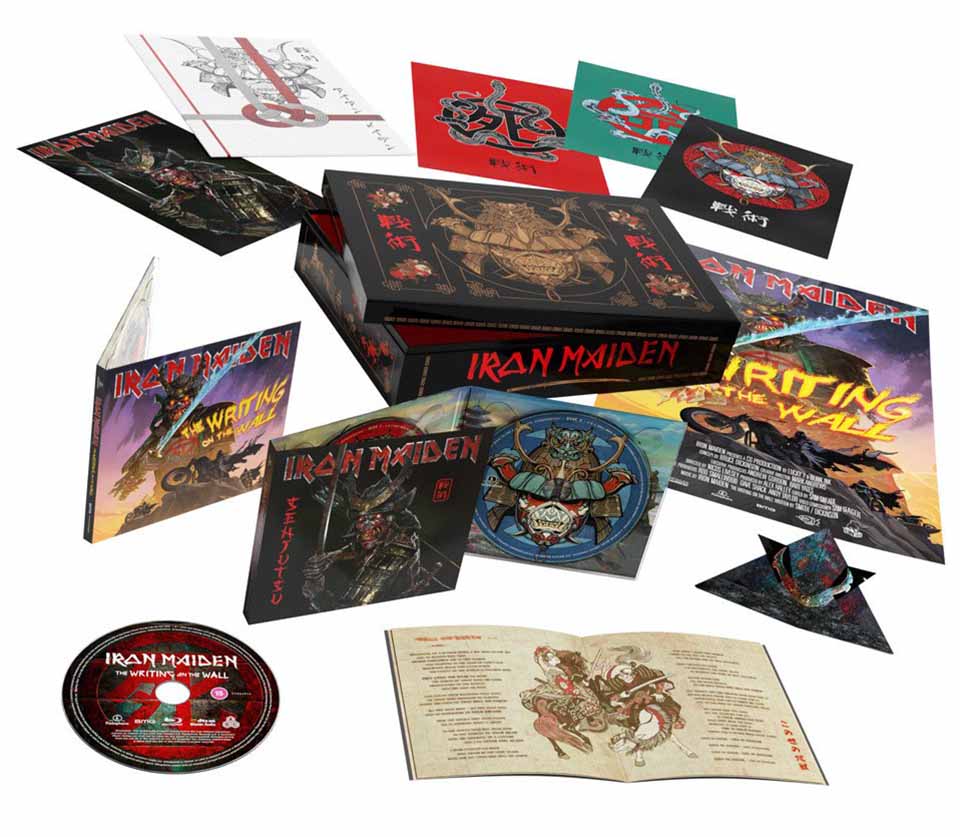
 |
 |
 |



